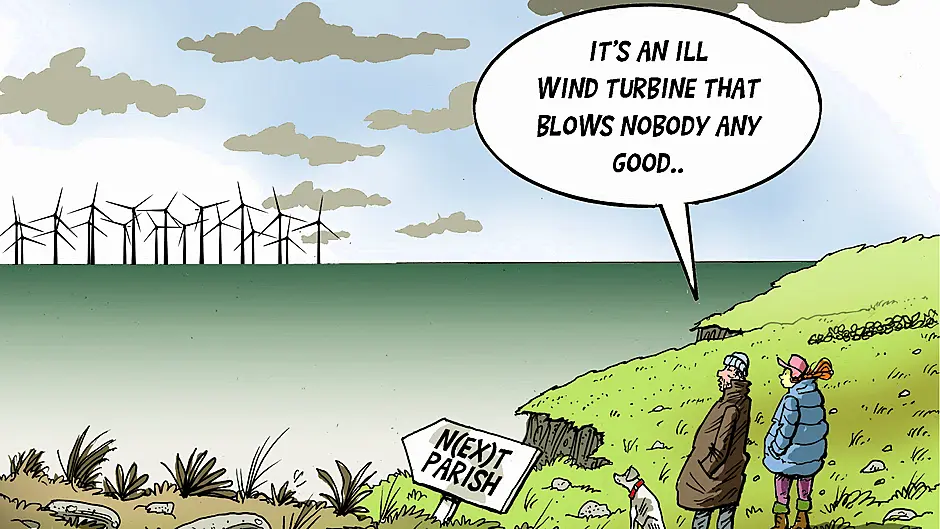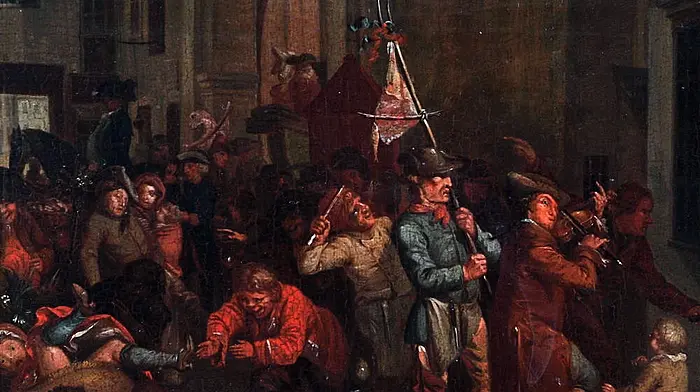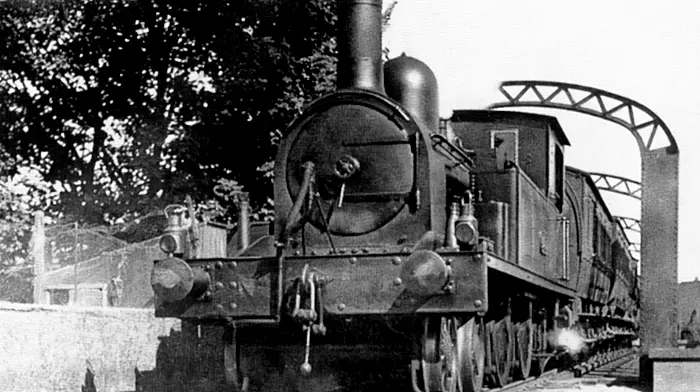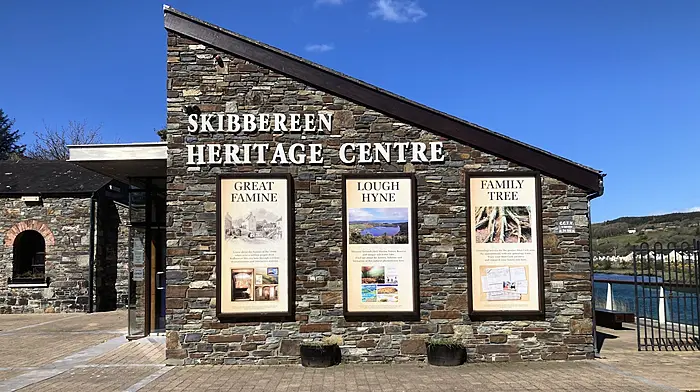While Rory McIlroy was busy providing momentary spiritual nourishment to the masses in Augusta, and Katy Perry was casually being launched on a rocket into space, I was curled up on the couch wrestling with a different kind of hope. The big, systemic kind. I’ve been buried in Ezra Klein and Derek Thompson’s new book, Abundance, and it’s got me thinking a lot about what progress actually looks like in these mad times we find ourselves in. The central thesis is simple but provocative: it’s not enough to want good things, you have to be able to make them happen too, even if this might mean upsetting some of your liberal friends.
It’s a hard idea to argue with, and I’ve been seeing examples of public policy gridlock everywhere I’ve looked since.
In Britain, the government has taken effective ownership of the Scunthorpe steel plant after their own high energy costs, inflated by muddled green policies, rendered it commercially unviable. Authorities had previously blocked a new coal mine in Cumbria, understandably enough, only to end up importing the exact same coal from China. It’s like going vegan and hiring someone else to eat your steak.
Here in Ireland, we’ve found our own rhythm of inertia. The planned wind farm off Connemara, a €1.4 billion project that could power 350,000 homes and cut half a million tonnes of CO₂, is tangled in objections. Among them is one from Tommy Tiernan, who describes it as a ‘desecration of an area of natural beauty.’ Fair enough, the sea west of Carna has a kind of mythic resonance and we all know that and the TG4 crowd love their long walks at dusk, so the image of 30 Eiffel Tower-sized turbines looming offshore might not be very welcome.
The same paralysis plays out on more modest scales. In Sandymount, a basic cycle lane has become a five-year legal odyssey, complete with High Court rulings and councillors shouting about ‘dangerous nonsense’ while waving maps. What began as painted lines for bikes turned into a full-blown turf war over ‘the character of the area.’
This week, a joint report from Copernicus and the WMO confirmed that Europe had its warmest year on record in 2024. Climate change caused €18.2 billion in damage, mostly from flooding. And still, we’re arguing about wind farms and bike lanes.
Birdies for the pesky pylons
Between Rory’s bunker shot on the 18th and the miraculous return of my bike rack keys via the Clonakilty Notice Board, I’m starting to believe there’s a higher organising principle out there, something benevolent and mildly mischievous perhaps.
McIlroy’s final round at Augusta wasn’t exactly electric, but it was all character and resilience. He missed short putts, found trouble off the tee, and looked to be falling short again, however years of heartbreak had somehow forged something steadier, wiser. There’s a lesson there for anyone watching, even the grown-ups.
Which brings me, naturally, to the €350 million North–South Interconnector, a project designed to link the electricity grids of the Republic and Northern Ireland. It too is caught in the usual legal tangle, with over 150 landowners objecting to the 50-metre pylons that would cut through their fields. Campaigners want the cables buried, as they are in the South. SONI, the grid operator up North, says overhead lines are faster to fix and cheaper to build. Everyone agrees the infrastructure is necessary. Nobody can agree on how to make it happen. As yet, there’s no sign of Bono raising people’s hands in the air.
I say we send Rory in to mediate this time. Give him a clipboard and a 9-iron. Let him chip a few balls across either side of the border, settle everyone’s nerves, and remind us what it looks like when someone follows through, even when the going gets tough.
Small doses of dystopia
Black Mirror is back this week for another season. Charlie Brooker’s tech-nightmare anthology used to feel like dystopian fiction when it launched back in 2011, but these days, with the news the way it is, it feels more like a documentary with a synth soundtrack.
The new season on Netflix hits the usual suspects: memory manipulation, algorithmic overreach, digital immortality. It’s grim in places but when it works, there’s still nothing quite like it. A kind of Tales of the Unexpected for the age of earbuds and fitness trackers.
Still, it’s best consumed in small doses. Like bike lane debates and public infrastructure delays. Like climate reports. Small, sharp, unsettling jolts, reminders that the future isn’t waiting politely at the door: it’s here now. But there’s no reason to think we can’t find ways to make it better.









